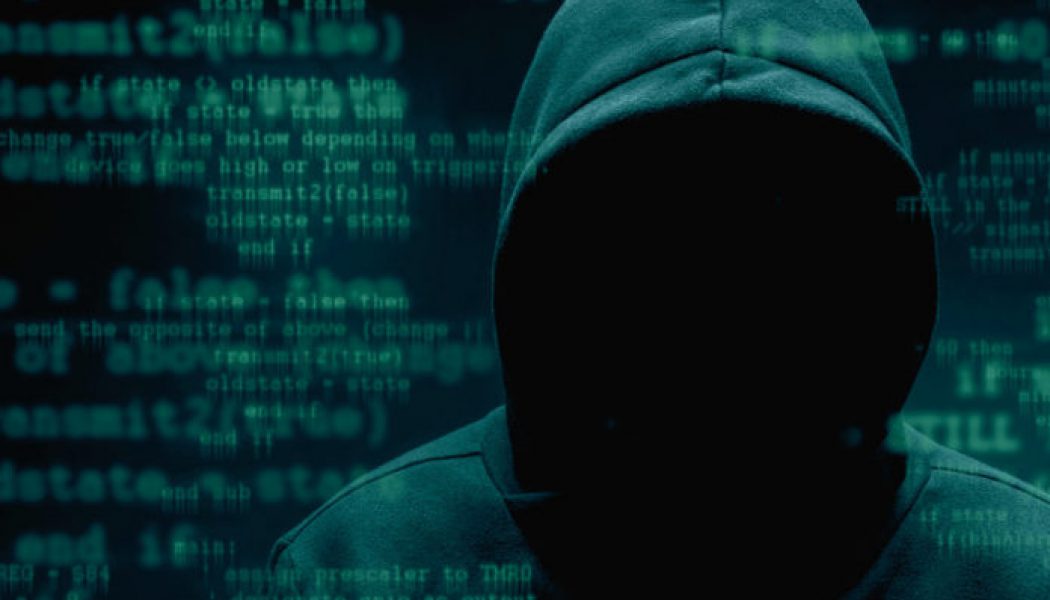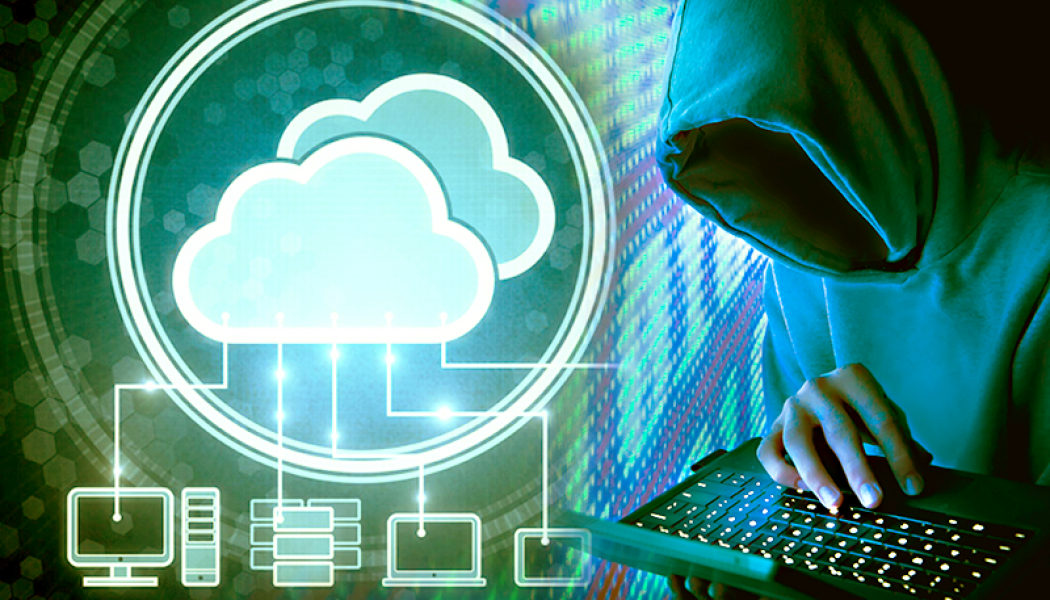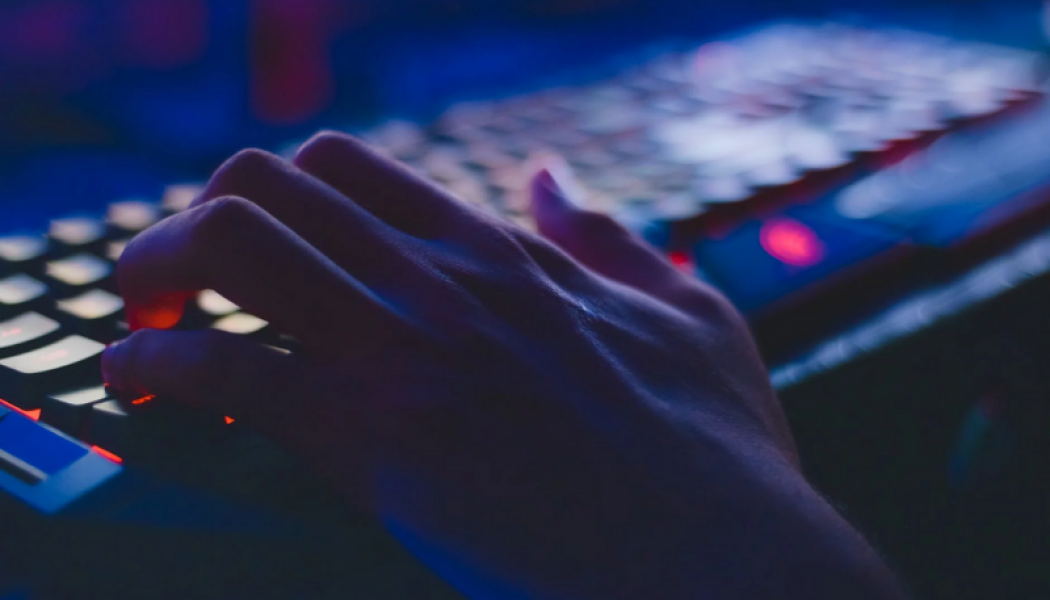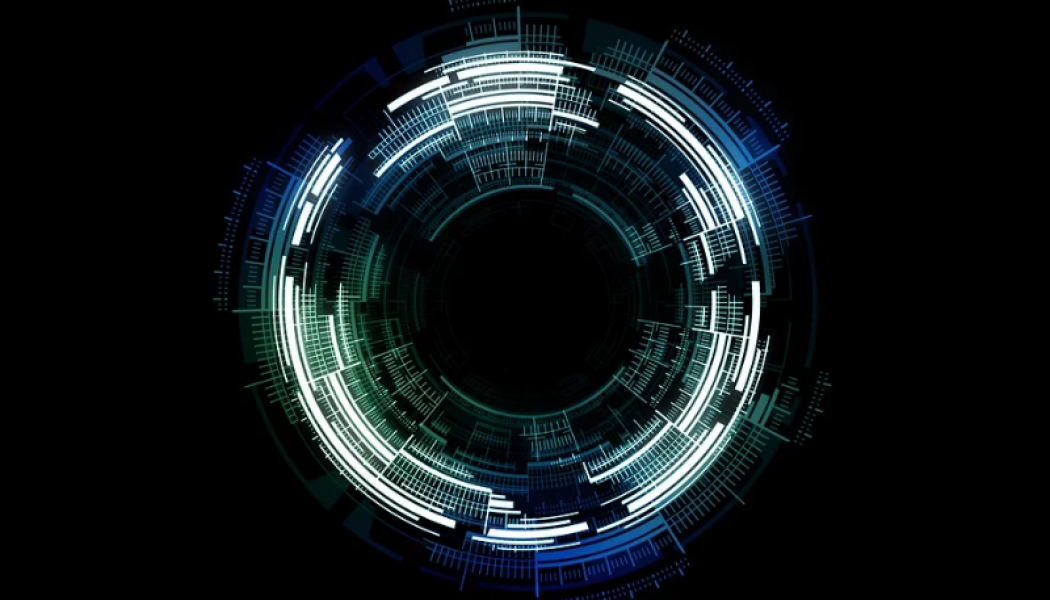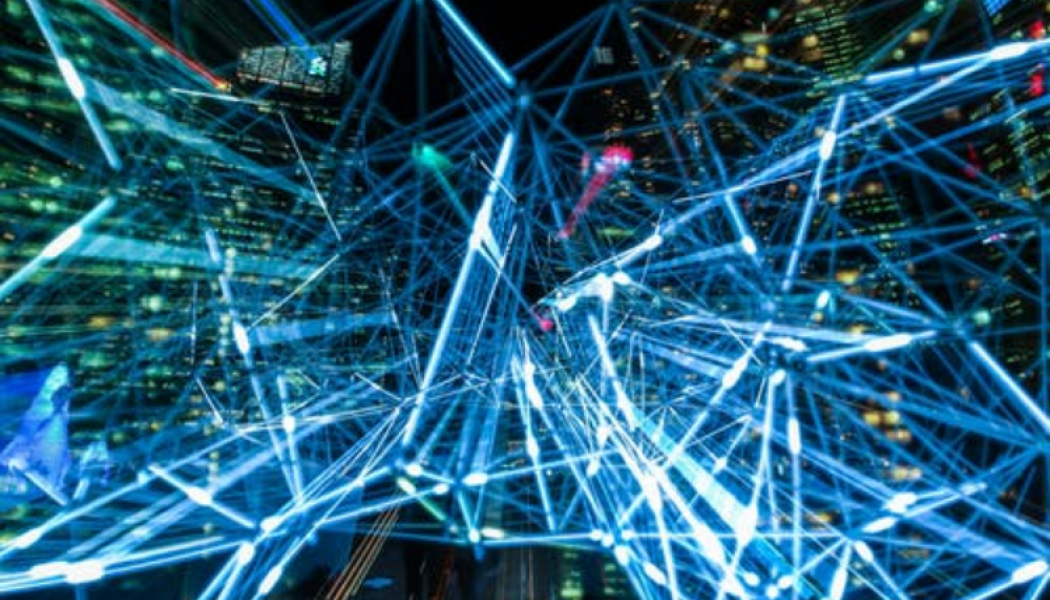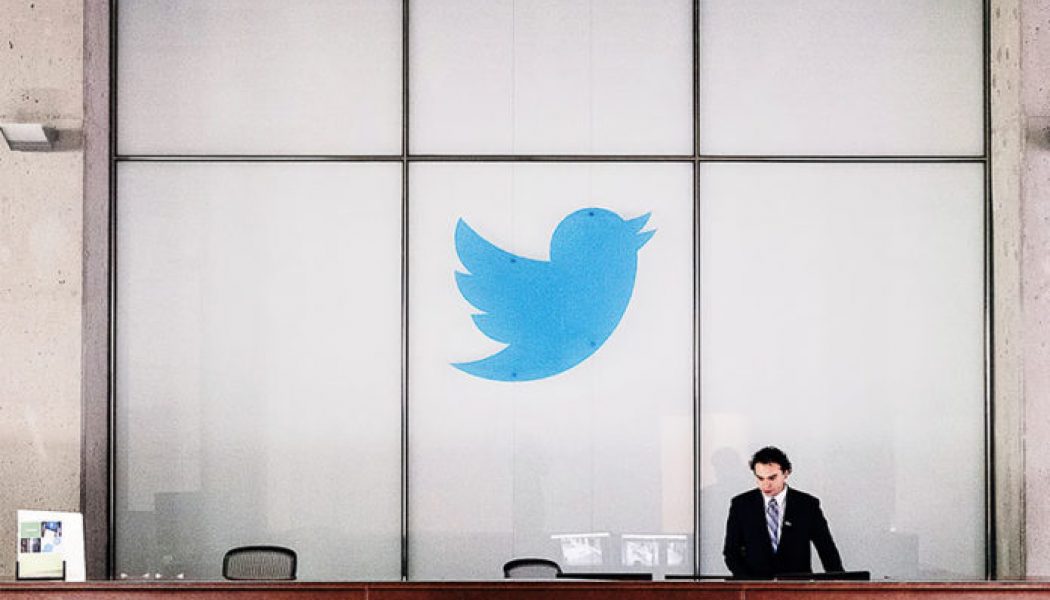cybersecurity
Ransomware reportedly to blame for outage at US hospital chain
Health care provider Universal Health Services, one of the largest chains in the US, has been hit by an apparent ransomware attack, TechCrunch reported. UHS facilities in California, Florida, North Dakota, Arizona, and other locations began noticing problems early Sunday, with some locations reporting locked computers and phone systems. Some UHS hospitals had to use pen and paper to file patient information as a result, according to NBC News. The hospital system, which has more than 400 locations in the US and the UK, said in a statement on Monday that its IT network across several facilities was offline “due to an IT security issue.” No patient or employee data appears to have been compromised, according to the statement, which did not mention malware or ransomware. “We implement extensiv...
A Cyber Pandemic May Be Next: How Secure are you in the Cloud?
The Coronavirus pandemic has influenced us in a more global way than the Cold War, affecting the environment, industry, finance, healthcare, leisure and almost every other human endeavour. Some of the areas of influence are clear and obvious. For example, the acceleration of digital transformation, which changes how organisations operate and provide value to their customers. There is also an increased demand for cloud computing, which provides most of the foundations, tools and infrastructure to fuel the digital transformation. Some world leaders in the cybersecurity space, including the World Economic Forum, predict that this rapid and unplanned move will result in a cyber-pandemic down the road – more on that later. This acceleration in digital transformation and demand for clo...
Why the Healthcare Industry must Adapt to the Cyberthreat Landscape
Sourced from Getty Images. While healthcare providers must accelerate their digital health maturity as it directly improves operational efficiencies, quality of patient care and improves the protection of personal and sensitive information, it also provides a greater platform and risk for cyberattacks. This is according to Shiraaz Joosub, Healthcare Sales Executive at T-Systems South Africa, who says that healthcare is a booming industry. It is fraught with strict regulations and high revenues that provide an environment for cybercriminals to target every aspect of its operations, especially where technology is optimally utilised. “Due to regulations related to the Protection of Personal Information (POPI) Act, the need to use, manage and store sensitive patient data creates an increased r...
How Cyberattacks Mirror the Rate of COVID-19 Infections
Sourced from Getty Images. The number of cyberattacks on frontline healthcare responders have surged at the same time as the global COVID-19 pandemic, trending upwards almost entirely in line with case numbers. By March 2020, phishing emails had spiked by over 600% since February, as cyber-criminals looked to capitalise on the fear and uncertainty generated by the virus. One-third of these attacks used impersonation of a known brand as a tactic to steal money and data or to deploy a virus or ransomware. When comparing the number of phishing attacks and COVID-19 infections globally between January and March of this year, the rate of growth in phishing attacks correlates almost perfectly with the rate of increase in infections. While these attacks have been seen mostly by healthcare institut...
It’s not just Technology that Secures an Organisation – it’s also People
The 2020 Security Culture Report collected data from more than 120,000 employees across 24 countries to find out exactly how deeply security was embedded in the company culture. Or not. South Africa, Kenya, Botswana, Namibia, Zimbabwe, USA, UK, New Zealand, Norway and India were some of the countries included in the survey. The industries included Banking, Financial Services, Insurance, Education, Transport, and Energy and Utilities. The overall security culture scores were measured across seven dimensions that included Attitudes, Behaviours, Cognition, Communication, Compliance, Norms and Responsibilities. These were then further analysed against country and industry sector to provide a holistic global security overview. The results? Not what you might expect. “Asia has the highest securi...
Why Organisations Need to Strengthen their Cyber Defences
At the start of 2020, very few people would have predicted the events that unfolded. The COVID-19 global pandemic caused unprecedented changes to all of our lives and has reshaped our entire working culture. From the accelerated pace of digital transformation and move to the cloud to the increased use of collaboration tools, cybercriminals looked to take advantage of these rapid and widespread changes for their own purposes. This week, Experian – a consumer credit reporting company, says it has experienced a breach of data which has exposed some personal information of as many as 24 million South Africans, and 793, 749 business entities, to a suspected fraudster. This is one of the many criminal cyber-attacks, exploiting the COVID-19 pandemic to target organizations and individuals across ...
Why Cybersecurity is Critical for the Healthcare Industry
Sourced from Getty Images. Healthcare institutions, particularly hospitals, have long been a tempting target for cybercriminals. These institutions hold massive amounts of extremely sensitive and personal data that can be exploited in various cyberattacks. Moreover, with healthcare receiving more funding and grants due to COVID-19, it’s become a (perceived) easy target. The reality is that within healthcare’s IT systems lie critical patient information such as ID numbers, credit card and banking details and other highly sensitive data such as patients’ HIV status that can be used to cause considerable damage. An ID number alone can fetch quite a price on the black market which is why the global healthcare system must stay ultra-vigilant and mitigate any damage and potential liability. Curr...


